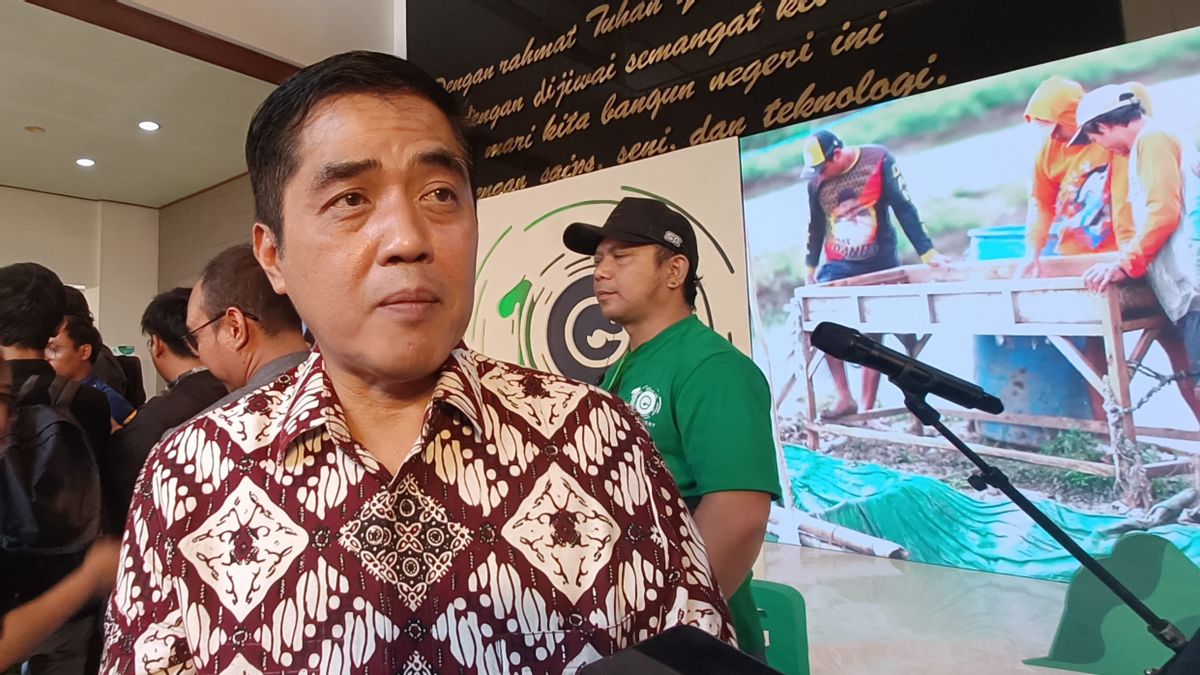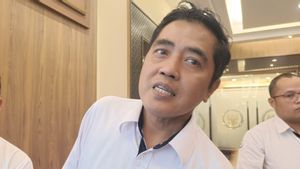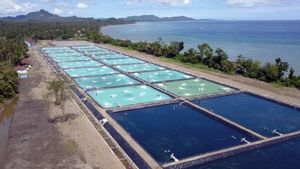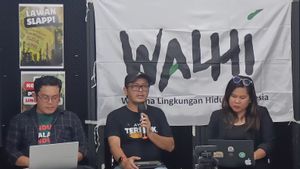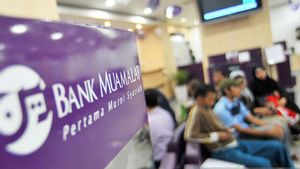JAKARTA - Director General of Strengthening Competitiveness for Products, Maritime Affairs and Fisheries (PDSKP) KKP Budi Sulistyo ensured that the large-scale shrimp farming program or cultivation scheme would not damage the mangrove ecosystem in Indonesia.
Budi assessed that the planned program had taken into account all aspects of the environment.
"In principle, the KKP pays attention to the design from the start, how it is related to its zoning and spatial planning. Well, these designs, right, they can discuss with friends who designed it first. Where, really, the indicator. But the concept that is designed is environmentally friendly, of course," Budi told VOI after being met at the office of the Coordinating Ministry for the Economy, Jakarta, Monday, January 29.
Budi emphasized that his party would not be able to plan a program that would damage the mangrove or environmental ecosystem.
"Yes, it is impossible, it is, the KKP will damage the mangrove ecosystem if the logic is," he continued.
According to Budi, the KKP will listen to all criticisms and suggestions from various parties.
So that the shrimp estate program does not damage the surrounding environmental ecosystem.
"But, in principle, all inputs/suggestions are good for finding solutions. It's a good thing that they have had other inputs that have been a strengthening material, it's actually discussed," he added.
SEE ALSO:
As previously reported, the Indonesian Environmental Wahana (Walhi) said that the large-scale shrimp farming program or cultivation scheme would damage the mangrove ecosystem in Indonesia.
Coastal and Marine Campaign Manager Walhi Parid Ridwanuddin said the program was not much different from the food estate which was proven to have damaged the environment.
The difference, said Parid, was that the program was carried out on the coast, while the food estate was on land.
"So, on land, in the forest (food estate) we know it failed. Well, the failure is to be repeated on the coast," Parid said at a press conference in Jakarta, Tuesday, January 23.
Parid said the shrimp estate program was mainly focused on vaname shrimp. This is because this type of shrimp has a large market share, both abroad and domestically.
This is what prompted the government to initiate the shrimp estate program.
The English, Chinese, Japanese, Arabic, and French versions are automatically generated by the AI. So there may still be inaccuracies in translating, please always see Indonesian as our main language. (system supported by DigitalSiber.id)
